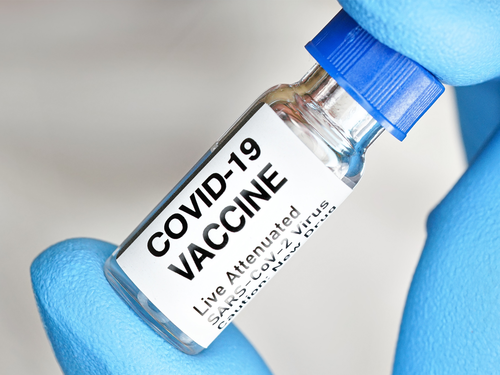Remarks by President Charles Michel after his meeting with German Federal Chancellor Olaf Scholz

Good evening, everyone. First of all I would like to congratulate you, dear Chancellor, on your election. I would like to welcome you to Brussels. Your visit here today sends a very strong signal. I would like to express my gratitude for your very strong pro-European commitment and engagement.
We had the opportunity today to discuss several topics on the agenda of the European Council next week and over the coming months.
First, we are convinced that the rule of law and our fundamental democratic principles are at the core of the European project, and it is very important to fight to promote our fundamental values and principles.
Second, prosperity and the twin transitions, climate change and the digital revolution, are important common challenges. We need to cooperate and coordinate to address those challenges and make them opportunities for more growth, more economic development, more innovation and more jobs, everywhere in Europe.
Finally, on security and stability, we understand very well that there are very serious challenges. That is why it is important to be engaged, and not only in Europe’s neighbourhood: it is important to develop an ambitious international agenda. On a regular basis, we have the opportunity at the level of the European Council to exchange views and to develop what I call the ‘collective intelligence’ of the European Council and of the European Union. We work together to identify our common goals and the tools we are ready to use to promote our values and defend our interests and the interests of our citizens everywhere in Europe.
Again, dear Chancellor, it is a pleasure to welcome you, and we will have occasion to meet again very soon in Brussels, for the Eastern Partnership summit on Wednesday – it will send a very strong message. We will also meet for the European Council meeting on Thursday, with many important topics on the agenda.
